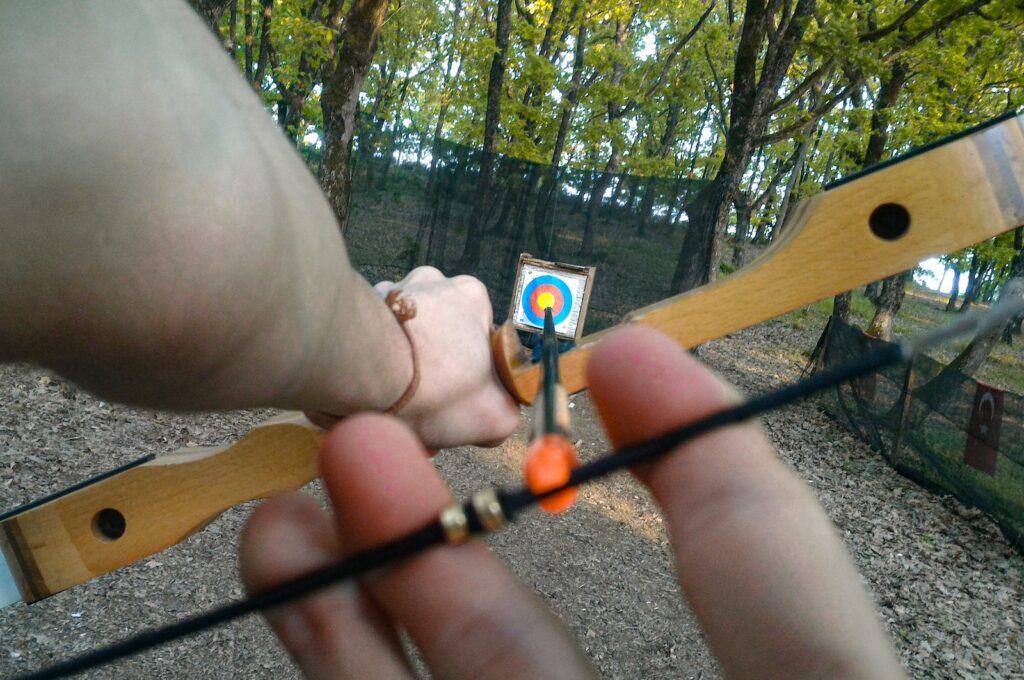If you don’t know where you are going, any road will get you there.
Establishing an objective in psychotherapy, or a goal in leadership, can be a science in itself. There are several methods out there, but I was trained as a therapist in a NLP-based method (NLP stands for Neuro-Linguistic Programming) and I later encountered parts of this method with the occasion of becoming a certified trainer. I use the POSERS technique – in fact parts of this technique have become so much embedded in my practice that I don’t even pay attention to them, as it is mostly common-sense after a while. POSERS is a mnemonic formula suggested by Joseph O’Connor and John Seymour and stands for the following rules in dealing with an objective:
Positive – the objective must be stated in a positive manner, as it is much more effective to affirm what you want to attain than stating what you aim to avoid. For instance, it is not a therapeutic objective “not to smoke” but it is “to control or cease smoking”; also, it is not an objective “not to be (emotionally) dependent anymore”, but it is “to be independent”.
Own Part – you must pay an active part and for this to happen, you need to make sure that the result is reasonably under your control and you can actually do something about it. You need to assume what is called “an internal locus of control” and also your responsibility and power over your own decisions (it’s also called “to take full ownership on everything” and is typical for executives and CEOs to do this completely, not blaming anyone else if things go wrong). It is not society or the others who have control on achieving your objectives but you and only you alone. An auxiliary discussion related to the limits of one’s power in the world can arise here.
Specific – you need to define clearly, to describe what you actually want to achieve, avoiding to be vague, too general or indefinite. For instance, “to feel good” cannot be an objective, but “to feel good because (reasons, clearly stated and described)” is a good objective. Also, “increase a low self-esteem” is a bad objective because it is too general; “increase your self-esteem by doing this or that, hence feeling better” is however a good one.
Evidence – you need to determine criteria for knowing when you have achieved the desired outcome, meaning that you need to determine what needs to be achieved or state the time-limit beyond which you consider you failed to accomplish what you intended. In other words, you must be able to measure your achievement, to quantify it. “I want to feel better” is not an objective (How well you want to feel?!? What does “better” exactly means?!?); however, describing specifically and comparing the emotional “before” with the emotional “after” therapy, can offer a way to measure or evaluate.
Resources – you need to think about checking if you have the necessary internal and external resources needed to achieve your objective, and in case you don’t have them, you must begin to think (strategically) about how you can obtain them. For instance, many tend to exaggerate their talents and qualities (and fail), many more tend to believe they can’t (and don’t dare to act-out). In general, if you have a previous success, you can usually replicate what you did in the past, as what you could do once, you can generally do again latter.
Size – you need to make sure that your objective has the appropriate size (not excessively big, otherwise you need to separate it in sub-goals or achievable chunks; or not too small, as it can be insufficient to interest, motivate or energize you, so you need to link this small objective to something bigger so that it can become meaningful). Objectives might need change, and in psychotherapy there are 2 types of change with 2 different magnitudes of change: the 1st degree change is when you make all the possible effort to change what can be changed while maintaining the system in which you dwell; the 2nd degree change is when you quit the system, you leave it or get out of it, often after the 1st degree change has been exhausted (for instance, you did your best to change everything and you failed, so you leave jobs, relationships and even countries, becoming a migrant).
An extra step usually follows POSERS and it involves the necessity to check the social consequences of achieving your objective, that is, the way it touches or influences the others, because in the eventuality of achieving something at the expense of others, you are basically acting as a psychopath lacking empathy and consciousness. This additional step can be seen as a moral step (“moral” is usually not a psychotherapeutic term) but also as a way to check that your actions are not destructive/aggressive and encumber the freedom of others.
A practice often used after choosing the objectives is what is called the “ecological check”. It basically involves imagining yourself having achieved the chosen objective and checking to see if you feel differently. If you feel there is no change, if having achieved the objective does not create any emotion in you, the objective is useless and the entire process linked to that objective can be terminated and restarted for a different objective. If you get nothing from your objective, that objective does not bring you anything new so you need to discard it.

